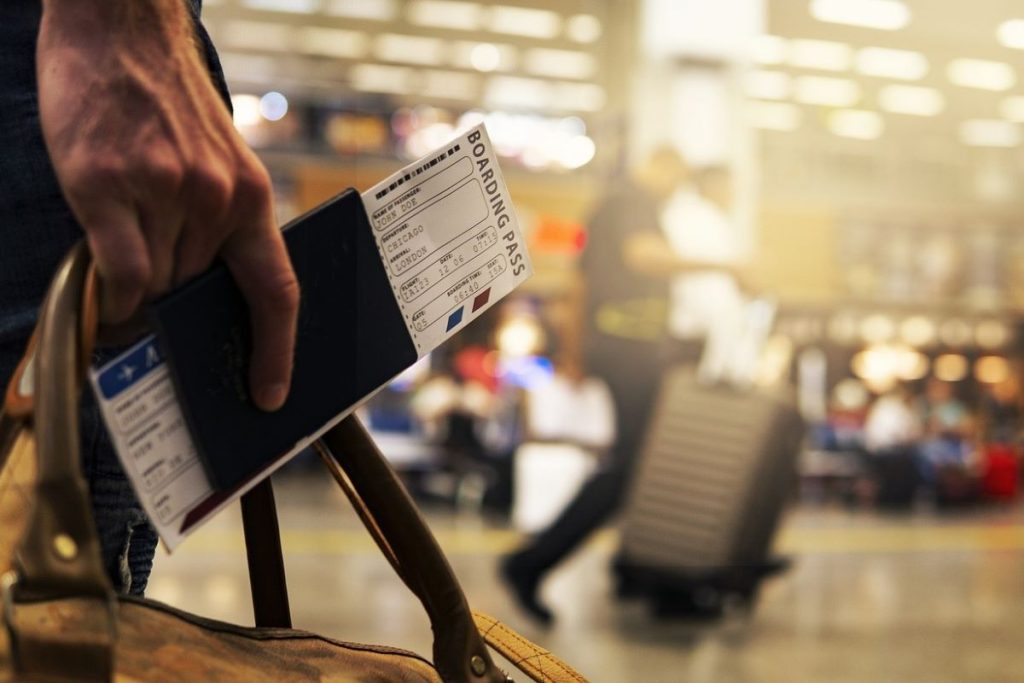Business travel is making a comeback as corporations begin to implement more return-to-office policies and hold in-person client meetings. Airlines, which had been struggling during the pandemic, are now seeing a boost in corporate bookings, leading to increased revenues. Delta, United, and Alaska Airlines have all reported significant increases in corporate travel bookings in the first quarter of the year, with companies from various industries showing interest in resuming travel. As more companies return to office work, the need for face-to-face meetings with suppliers and clients is increasing, driving the uptick in corporate travel.
Despite the resurgence of business travel, it is still not quite at pre-pandemic levels. However, higher airfares have led to revenue gains for airlines, as corporate travelers are willing to pay more for flights. Larger corporations with bigger travel budgets and return-to-office policies have been the main drivers of the increase in corporate travel. Smaller- and medium-sized businesses are also contributing to the rise in bookings, as they resume travel and meetings with partners and clients. The recovery of business travel is seen as a positive development for the airline industry, which had been severely impacted by the halt in travel during the pandemic.
In addition to airlines, hotels are also experiencing a boost in business travel. Hyatt reported a 6% increase in revenue from hotel stays by transient business travelers in its most recent quarter, with forward bookings showing substantial gains. This indicates that business travelers are not only returning to the skies but are also booking accommodations for their trips. The performance of the airline sector stocks within the ST200 index, which includes companies from global markets, reflects the positive trend in business travel, with many airlines and related companies seeing an uptick in their stock performance. Overall, the return of business travel is seen as a positive sign for the travel industry as a whole, indicating a gradual recovery from the impact of the pandemic.
As companies continue to navigate the changing landscape of business travel, it will be essential for airlines and hotels to adapt to the new demands of corporate travelers. This may involve offering flexible booking options, enhanced safety and hygiene measures, and personalized services to cater to the needs of business travelers. As more companies resume travel and meetings, there will be opportunities for airlines and hotels to capitalize on the growing demand for corporate travel. By remaining responsive to the evolving needs of businesses and travelers, the travel industry can continue to recover and thrive in the post-pandemic world. Overall, the return of business travel is a positive indication of the resilience and adaptability of the travel industry in the face of challenges.


